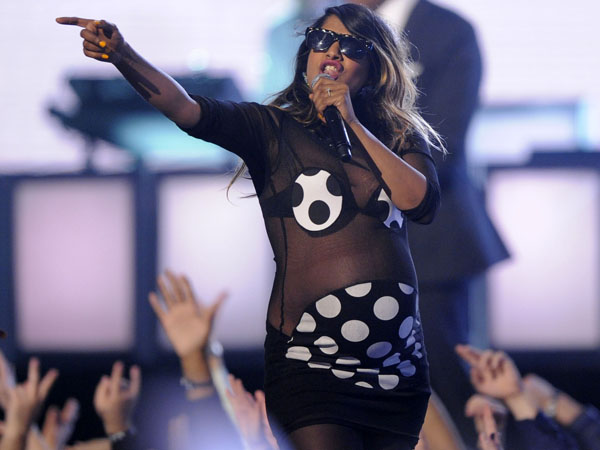Hello all! I made the commitment to myself and to the blog to keep my eyes and ears open for new, thought-provoking international perspectives. So far, I must admit, its mainly been a lot of crazy drunken Estonian nights. These don't really lend themselves to intense political discussion so much as intensely spastic European dancing. But, a few days ago, my roomate from Moldova noticed what I call my "Social Justice Sheet" on my bed. Freshman year, I did a speech about civil marriage for my speech class. I used a sheet to display in written form all of the 1,138 rights guaranteed by the constitution that were dependent upon a citizen's marital status and, therefore, denied to all LGBT citizens. After I did the speech, I kept the sheet and had it displayed in every room I have occupied since then. This is to remind me of a struggle that is still present, and injustices against Americans that are happening right now. She saw the sheet and asked what it was about, so I told her. She looked a little surprised when she asked me, "So, are you... for it?" I didn't know why she would be surprised, since everything about me screams liberal progressive, but I went for it anyways. She did not agree with me. She also thinks that the reason that a lot of Moldovans are coming out right now is American television. I told her I had to disagree, and that I thought that if anything American television might have given people the security to come out when before they had felt too afraid or alone to do so. She also believes that gay marriage and gay adoption are wrong, on the basis of the nuclear family. This was, obviously, another topic on which we disagreed.
Finding people who are surprisingly socially conservative, especially when it comes to gay rights, isn't anything new when you come from Texas. The new thing, though, was talking to someone who could bring a completely new perspective. One of her main problems with gay rights activists in Moldova wasn't what they were advocating. In her country, there is only one main city that is relatively industrialized (Chişinău*) and the rest of the country is made up of little villages that still use coal and wood for the most part to stay warm in the winter. Many of the people in these villages make 500 euros (644 USD) a year, and still maintain a family-focused village life that is rarely seen in the US. The parents take care of the children and the grand-children, and work either outside the country or in traditional jobs in the villages. In this situation, she said, there is no room for thinking about a place for gay and lesbian people. She told me that it was frustrating for her that someone could be trying to create a "community" for LGBT people when villagers still can't get gas to their homes to properly heat them.
Of course I've heard, and said, the cliche that being a human rights activist is a luxury. It means that you have enough food to eat and a place to be sheltered so that you are not just trying to survive. i had never actually met someone, though, who embodied the opposite. What is the role of activism in developing nations? And also, how can we, who are in a position to be concerned with these issues, work to further the understanding of human rights in countries that struggle with basic needs? Is it possible for us to be the change in bringing people's awareness out of this mindset that my roomate shows?
I don't know the answer to this question, but it is definitely one that has been on my mind since we had this conversation, and I'd love to get your take on this.
Nagemist! (That's good-bye in estonian)
*Thanks to the anonymous poster for setting me straight on my European capitols. :)



